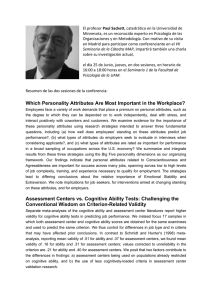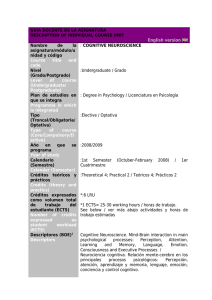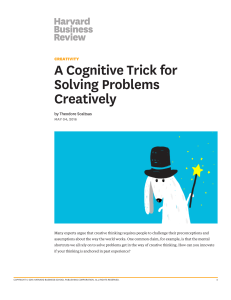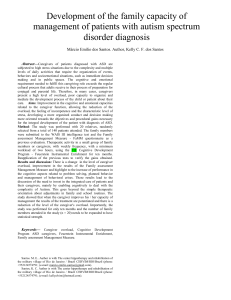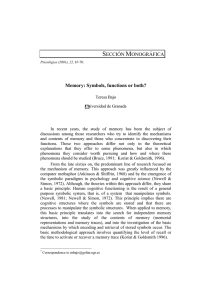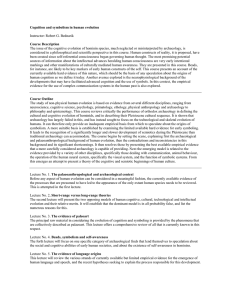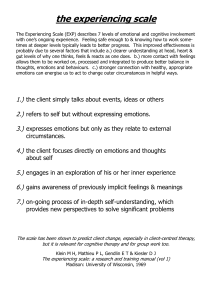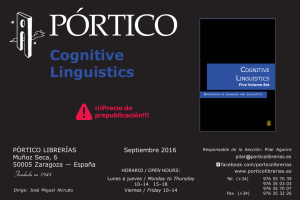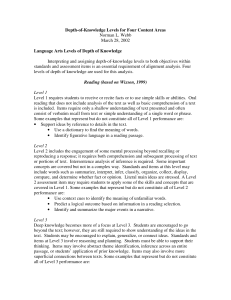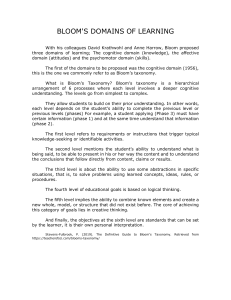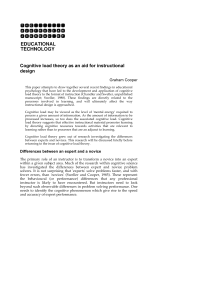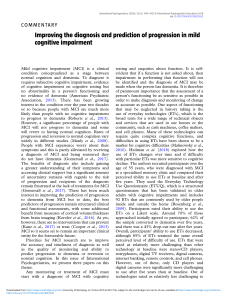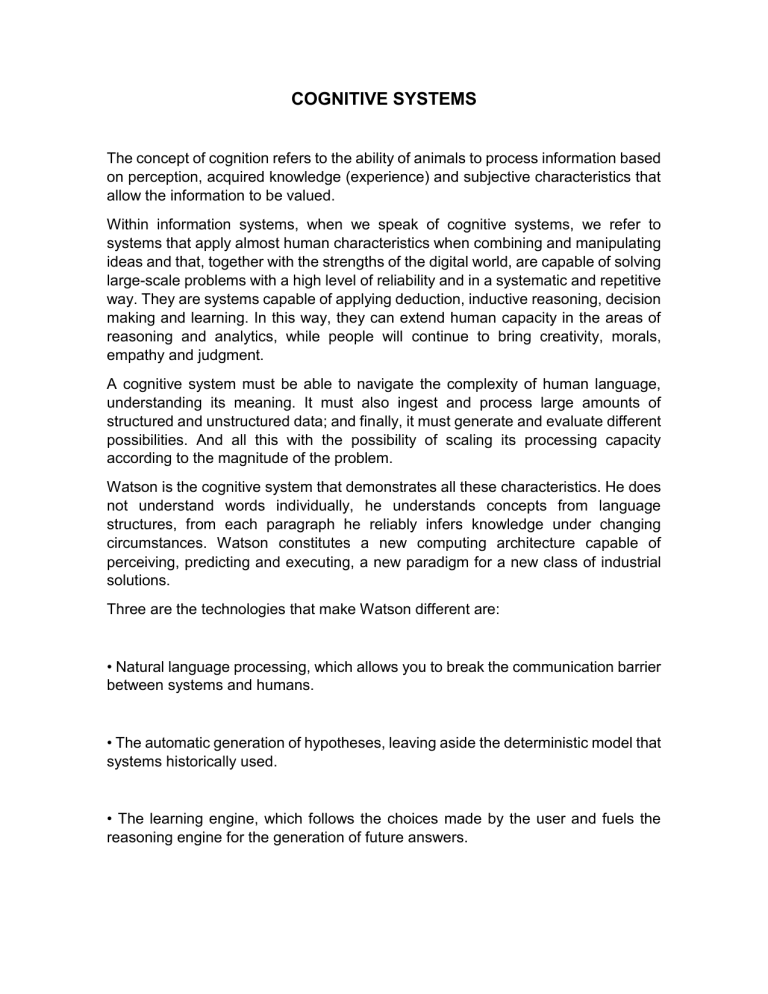
COGNITIVE SYSTEMS The concept of cognition refers to the ability of animals to process information based on perception, acquired knowledge (experience) and subjective characteristics that allow the information to be valued. Within information systems, when we speak of cognitive systems, we refer to systems that apply almost human characteristics when combining and manipulating ideas and that, together with the strengths of the digital world, are capable of solving large-scale problems with a high level of reliability and in a systematic and repetitive way. They are systems capable of applying deduction, inductive reasoning, decision making and learning. In this way, they can extend human capacity in the areas of reasoning and analytics, while people will continue to bring creativity, morals, empathy and judgment. A cognitive system must be able to navigate the complexity of human language, understanding its meaning. It must also ingest and process large amounts of structured and unstructured data; and finally, it must generate and evaluate different possibilities. And all this with the possibility of scaling its processing capacity according to the magnitude of the problem. Watson is the cognitive system that demonstrates all these characteristics. He does not understand words individually, he understands concepts from language structures, from each paragraph he reliably infers knowledge under changing circumstances. Watson constitutes a new computing architecture capable of perceiving, predicting and executing, a new paradigm for a new class of industrial solutions. Three are the technologies that make Watson different are: • Natural language processing, which allows you to break the communication barrier between systems and humans. • The automatic generation of hypotheses, leaving aside the deterministic model that systems historically used. • The learning engine, which follows the choices made by the user and fuels the reasoning engine for the generation of future answers. For these reasons, we at IBM believe that Watson will play a significant role in the near future in many fields of application. Thanks to it, companies and organizations will be better able to analyze, understand and use the data they have and, consequently, make better decisions. Many organizations are continually looking for ways to make operations related to knowledge management - including employees - more efficient and productive, given the increasing amount of information that these professionals have to deal with on a daily basis. Other organizations are looking for new ways to increase sales, reduce costs, or better understand their customers through the use of various types of automation, along with large volumes of data. To this end, some of these organizations have begun to evaluate a wide range of cognitive systems technologies including artificial intelligence or machine learning tools and embedded digital assistants. Cognitive systems software organizes and provides advisory services on a wide range of structured and unstructured information, providing a platform for the development of cognitive and analytical applications. The cognitive software offers the possibility of making decisions with greater precision, confidence, speed and agility, yielding quick results from multiple scenarios to have a more complete view of the impact elements and without subjective biases. IDC continually watches for advancements in the adoption of new, cutting-edge technologies, the alignment of technology purchasing with current industry best practices, and assistive technologies that promise to offer operational benefits to organizations that choose to adopt them. In particular, IDC groups cognitive systems into five main categories: • User / data interaction. • Representation of knowledge. •Learning. • Reasoning. • Processing. Today there are numerous vendors that offer individual component technologies, but only few of them have robust cognitive software platforms that include the technologies necessary to build a cognitively-enabled application. It is important to reiterate that none of these technologies can individually create a cognitive application, but rather it is a combination of these technologies (at least one from each of the five categories mentioned above) that creates the basis of a platform for cognitive applications. cognitive applications. Finally, in IDC's view, these technologies are the most important building blocks of cognitively-enabled cognitive systems and applications, but there may be others. The following diagram shows how IDC views the cognitive solutions ecosystem: ARTIFICIAL INTELLIGENCE IN COGNITIVE SYSTEMS Although for many there is doubt, a cognitive system is more than artificial intelligence. In fact, you combine it with superior communication and machine learning capabilities. This very characteristic composition allows you to quickly analyze and interpret large amounts of unstructured information, finding those data, facts or trends that can be very useful to the end user, regardless of the role they occupy within the organization. Cognitive APIs are not a tool restricted to technical profiles, in fact, their learning capacity increases with use and, the more users use them, the more intelligence the system gains. Such a product has the power to transform the process of assimilating and understanding large volumes of data at its roots, enhancing the methods of data discovery and exploration. In a matter of seconds and in the most flexible way possible. Latinoamérica, I. (2016, 23 noviembre). Sistemas cognitivos, una herramienta para agilizar la toma de decisiones: IDC. CIO MX. https://cio.com.mx/sistemascognitivos-una-herramienta-para-agilizar-la-toma-de-decisiones-idc/ Garijo, E. M. (2014, 8 abril). Los sistemas cognitivos más humanos. Think España. https://www.ibm.com/blogs/think/es-es/2014/04/08/los-sistemas-cognitivos-mashumanos/ Sistemas cognitivos y científicos de datos. (2017, 31 mayo). Logicalis. https://blog.es.logicalis.com/analytics/entorno-hibrido-nuevas-capacidadesde-inteligencia-de-negocios-una-nube-diferente-0
